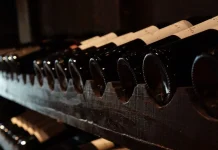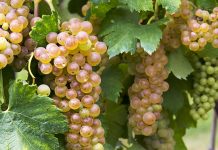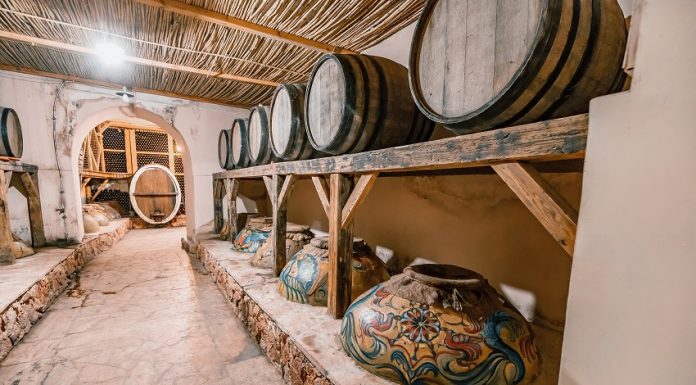In viticulture we understand the significant impact of soils on wine styles, in addition to the varieties of vines used, and a number of other more or less complex parameters. And when we talk about different types of soils, what types of soils do you think of? Have you ever thought about volcanic soils? In our vision we could imagine black, poor soils, where all traces of life would have been wiped out… and yet wines produced on volcanic soils do exist, and they work quite well! So we decided to tell you about it!
Volcanic soils
The earth has many volcanoes. Some are still active. Others are dormant, or even extinct if no eruption has been recorded for more than 10000 years. Thus in some regions there are no longer any volcanoes left. However, a volcanic activity did take place, but it is marked, engraved in the soil.
With time, these formerly devastated soils have been able to rise from their ashes. They offer new richness, diversity and qualities. Some studies have shown a much higher ionic concentration in wines produced on volcanic soils. In terms of taste, this could lead to the salty side that can be found in some wines… and which is particularly appreciable! Particularly in the finish, giving “pep” to the whole, with the desire to return to it!
Regarding the different volcanic soils, without going into detail, we can nevertheless mention basalts, rhyolites or andesites. We also use pozzolan in our gardens, which is also of volcanic origin and can be found in garden centers. It is used to improve proper drainage, a key concept in viticulture.
Volcanic wines in France
If we are in the presence of volcanic soils, then why not talk about volcanic wines?
This is the bet of a French wine region that is not much talked about and that could well emerge thanks to this: the Auvergne! The AOC Côtes d’Auvergne is located in the Massif Central, and represents some 400 hectares of vines at present.
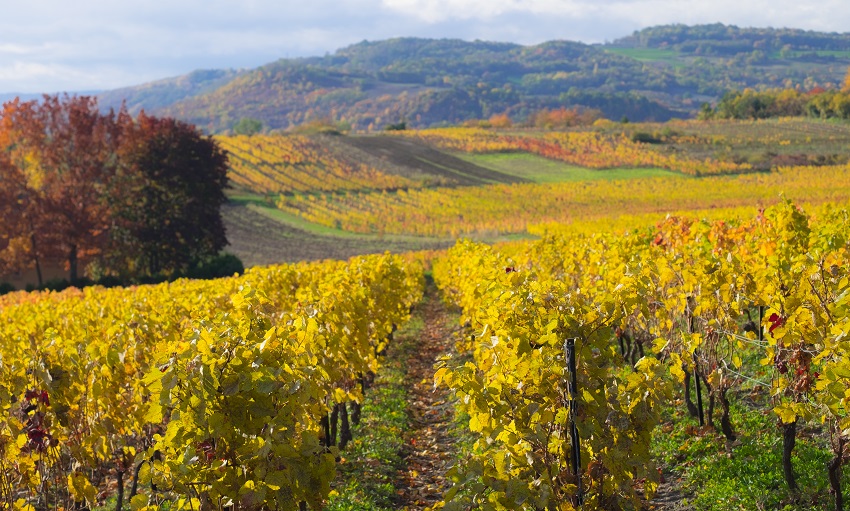
These vines are planted on volcanic soils and claim a terroir of lava, ash and basaltic deposits. The grape varieties present are Gamay, Pinot Noir, Chardonnay and Tressallier, the emblematic variety of another appellation in the area: Saint-Pourçain.
Volcanic soils are also found in the Alsace region, even though the volcanoes are now considered extinct. One can notably mention the Grand Cru Rangen, which is the most southern of the region, in Tahnn and Vieux-Thann. It is particularly renowned, and offers a tenfold aromatic expression, especially with the riesling, pinot gris, and gewurztraminer grapes.
Volcanic wines are also found in several other countries
On the other side of the Alsatian border, there are also volcanic soils. In Germany, especially in the region of Baden, where we find some characteristics similar to some Alsatian wines.
In Hungary too, the famous Tokaj region is concerned by this specificity. It has long been renowned for the quality of its wines.
Italy is also in the countries to mention with world famous volcanoes: Etna and Vesuvius. In Sicily, on the north-eastern slope of Etna, we find the famous DOC Etna. It is composed for the reds of Nerello Mascalese in dominant, and for the whites of Carricate. In Campania, near Naples and on the edge of Vesuvius, there are various wines and grape varieties that grow on volcanic soil. The most famous wine is Lacryma Christi. This wine recalls the loss of Pompeii before the eruption that destroyed this famous city in 79 AD. The most famous red wine here is Aglianico, but there are also many white wines made from Fiano, including Fiano di Avellino.
On the other side of the globe, on the American continent, we also find volcanic wines. Whether in Chile, in the famous Cachapoal region, which produces excellent red wines from Carmenère, or in the United States, in Oregon, a region extremely well known for its Pinot Noir.
And we don’t forget the islands!
But let’s not forget the islands which have many specificities and different styles.
One thinks particularly of Greece with the Santorini islands. A famous and renowned white wine is produced there from the Assyrtiko grape variety.

In the Canary Islands, on the side of Lanzarote, there are also vines growing on volcanic soils of an impressive black color, and with curious little mounds of stone protecting the vines from the strong wind that prevails there. Here there are no problems of competition, there is nothing else growing!
Finally, let’s not forget the Portuguese island of Madeira, which produces exceptional fortified wines, especially from the Sercial grape. A wine that must be tasted in one’s life and in which this saline touch is particularly felt in the finish.
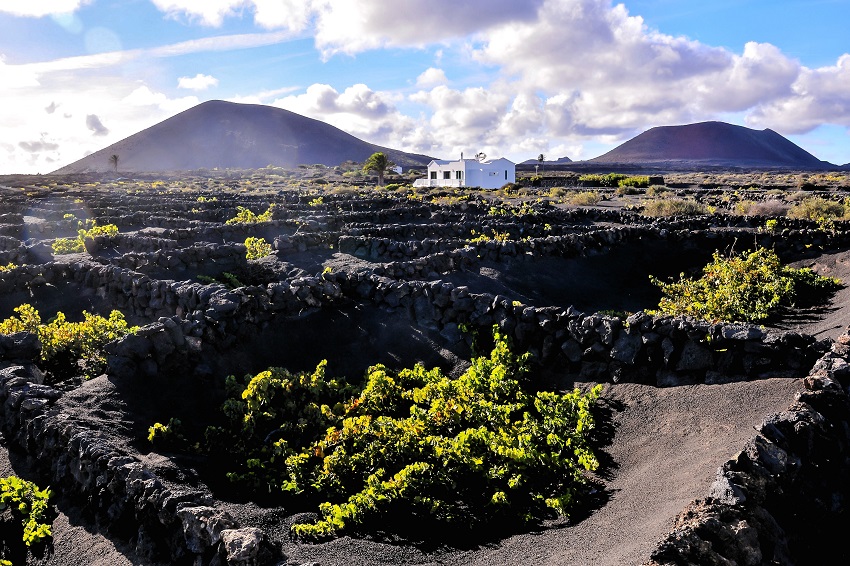
So give it a try!
As you can see, there are a number of volcanic wines. Their specificities really deserve that we take an interest in them. The notion of terroir is inherent to them and offers an unexpected renewal on previously devastated soils.



